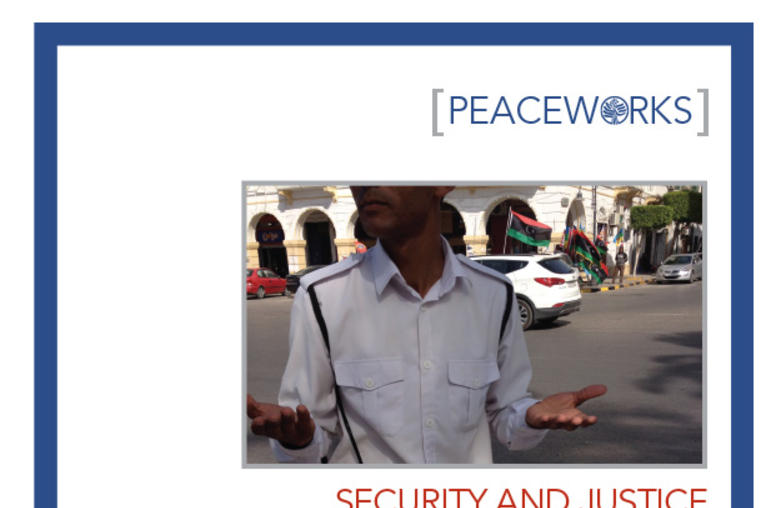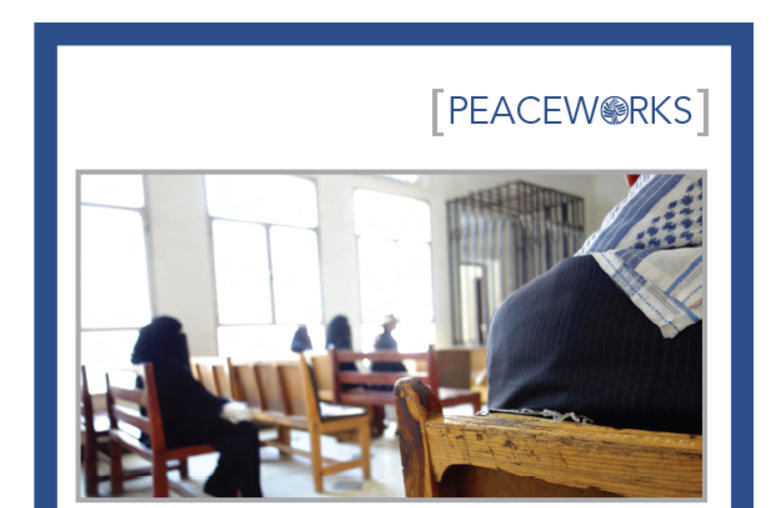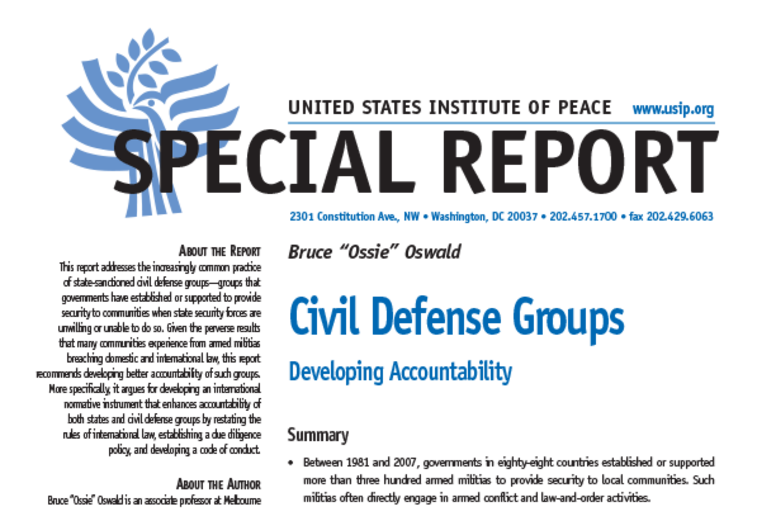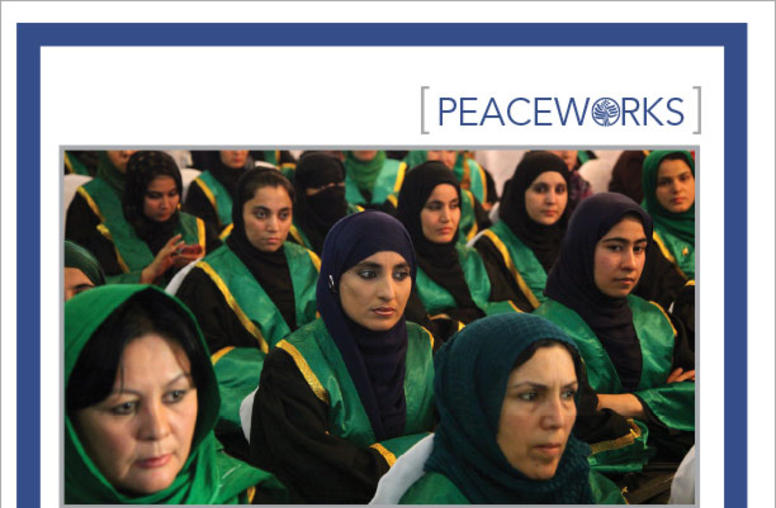Law of War Training: Resources for Military and Civilian Leaders
Law of War Training is a resource for military and civilian leaders to find information and assistance in providing law of war training for their military personnel. The manual analyzes different options for law of war training and helps leaders assess how to implement training within specific financial and operational constraints.

We continue to see an urgent need for ways to prevent abuses by military personnel during armed conflict. The Geneva Conventions obligate every country to provide training to military personnel in the laws of war—laws designed to protect combatants, prisoners and civilians alike. But many countries lack the knowledge or the resources to provide law of war training. This manual seeks to address this need and help countries understand and meet their law of war training obligations.
Law of War Training is a resource for military and civilian leaders to find information and assistance in providing law of war training for their military personnel. The manual analyzes different options for law of war training and helps leaders assess how to implement training within specific financial and operational constraints. It also includes a directory of training programs at both national and international levels and provides web links to useful resources and institutions. As programs and contacts change, updates to this manual will be available online. Please continue to check back.



